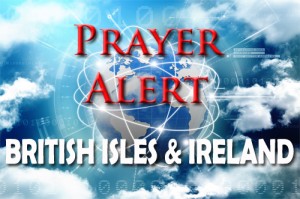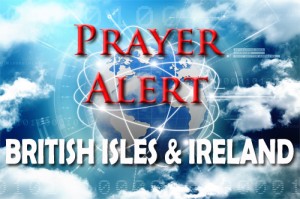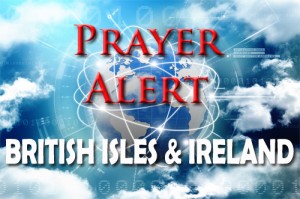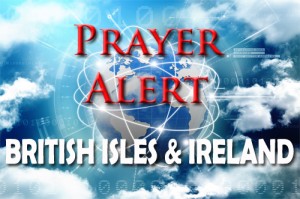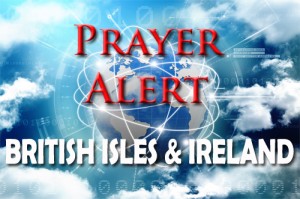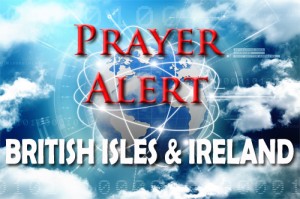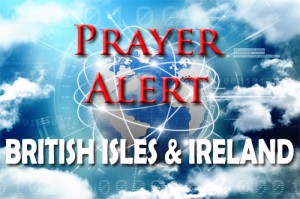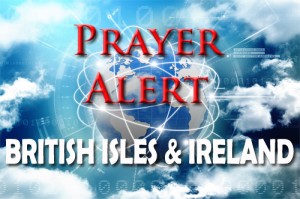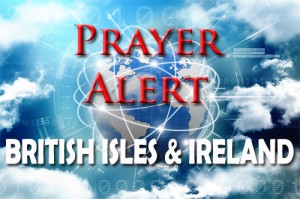Displaying items by tag: UK
Inequality in the UK
The Equality Trust reports, ‘The richest 10% of households spend more on eating out (£58.40) than the poorest 10% of households spend on housing, fuel and power combined (£44.50). They spend £34.50 per week on furniture and furnishings, that’s more than the weekly food shop of the poorest 10% (£30.40).’ The list also covers alcohol, clothing and pets, revealing a massive gap between the richest and poorest households and huge inequality in our society. We often criticise the poor for being wasteful, but the richest are spending more on their pets than the poorest are on clothing their families. Many people are working, budgeting, and making difficult choices about which necessities to go without. Millions more are in danger of falling into debt and poverty. UK income inequality is among the highest in the developed world and evidence shows that this results in poorer mental and physical health, higher violent crime, poorer educational outcomes and lower levels of trust.
Refugees: who should come in?
In the wake of the closure of the Dubs scheme (see article 1 in the Europe section) allowing unaccompanied minors from Calais into the UK, the Government has come under fire. Lord Dubs (himself a refugee from Nazism), who introduced the scheme, is outraged at its closure. The Archbishop of Canterbury was ‘shocked’ over the decision and asked the Government to reconsider. Home Secretary Amber Rudd said the French authorities did not want the scheme to continue because it encourages people-traffickers. Deut.10:18,19 says, ‘He defends the cause of the fatherless and the widow, and loves the foreigner residing among you, giving them food and clothing. You are to love those who are foreigners, for you yourselves were foreigners in Egypt’. Also Job 31:32 says, ‘No stranger had to spend the night in the street, for my door was always open to the traveller.’
Black-majority churches growing fast
Andrew Rogers, a lecturer in practical theology at the University of Roehampton, speaking on Pentecostalism, said that the number of black majority churches in Southwark is so high that, at 240, they are nearly twice as numerous as all the other churches in the borough put together. Black churches are growing as fast as ever while white churches continue to decline. There is a greater concentration of African Christianity in south London than anywhere in the world outside Africa. Most black churches are 'Pentecostal', featuring long services with exuberant and often loud worship. Many of the pastors are first-generation migrants to Britain. Although it is acknowledged that black-majority churches have enjoyed rapid growth, it is difficult to determine precisely why. While Southwark may currently be the most intense case, there is significant growth of black churches in Leeds, Manchester and Birmingham. Sadly few BMCs are managing to reach out beyond the black community.
Nuclear bunker raid finds £1m cannabis farm
Wiltshire police have said a large-scale cannabis factory has been found in an underground former nuclear bunker with an estimated street value of £1m. The plants were seized in a midnight raid on Regional Government Headquarters Chilmark. Six men were arrested on suspicion of cannabis production in twenty rooms in the building, with almost every room converted for the wholesale production of cannabis plants.
France: child refugees and traffickers
The UK Government’s decision to refuse lone child refugees (see last week’s Prayer Alert) has been a boost to traffickers, who are ‘helping’ desperate teenagers rejected by official schemes. Labour MP Yvette Cooper, chair of the home affairs select committee, said that MPs felt misled by the premature closure of the scheme after only six months. It takes councils time to set up systems, and we are back to square one, with teenagers and children at risk of traffickers in Dunkirk. Desperation is what the traffickers want. Traffickers tell children, ‘Every route has been closed, but I can help you’. Volunteers have no hope to offer them, to make them go back to the official centres. Almost 100 under-18s believe they are eligible for transfer to the UK. Hundreds are sleeping rough (about 200 are teenagers), with no shelter and donated sleeping bags. See also the article in the British Isles section.
NHS: worst figures ever
Record numbers of patients spent more than four hours in accident and emergency units in England in January, figures leaked to the BBC suggest. It seems that January was the worst performing month since the four-hour target was introduced. The figures also suggest record numbers of people waited longer than twelve hours for a hospital bed once seen in A&E. The British Medical Association said the Prime Minister could no longer ‘bury her head in the sand’, and accused the Government of failing to grasp the seriousness of the situation. But a spokesman from the Department of Health said the vast majority of patients were seen and treated quickly, and busy periods in hospitals were supported by an extra £400 million of funding. The figures seem to show that of over 1.4 million attendances at A&E last month, only 82% - rather than the target 95% - were transferred, admitted or discharged within four hours. More than 60,000 people waited between four and twelve hours for a hospital bed after a decision to admit, known as a ‘trolley wait’.
Bishop was one of many abuse victims
Rt Rev’d Andrew Watson, the Bishop of Guildford, has said that he is a survivor of ‘appalling activities’ perpetrated by John Smyth QC, a former Iwerne Trust chairman facing multiple allegations of abuse. Bishop Andrew said, ‘It was abuse perpetrated by a misguided, manipulative and dangerous man, tragically playing on the longing of his young victims to live godly lives.’ An investigation by Channel Four found that both the Iwerne Trust and Winchester College had learned of allegations of abuse by Mr Smyth in the 1980s but failed to report them to the police. One man told the programme that some boys had been beaten so badly by Mr Smyth that they had to wear nappies to staunch the bleeding. When one of the men tried to take his own life, the Iwerne Trust launched an investigation. It compiled a confidential report in 1982, which described the beatings of 22 young men: eight of them received about 14,000 strokes. A statement from the Archbishop of Canterbury said: ‘We recognise that many institutions fail catastrophically, but the Church is meant to hold itself to a far, far higher standard and we have failed terribly. For that the Archbishop apologises unequivocally and unreservedly to all survivors.’
A rural ‘resource’ church
‘Resource’ churches in the Church of England tend to be led by men in a city, but this month, the diocese of Southwell and Nottingham announced that the Rev’d Alison Jones would be leading one that could meet in a barn. She said that she has not heard of any other ‘resource’ church in a rural setting. ‘I do feel it is very new, in that there is not a model to look to,’ she said. ‘In some ways, it really excites me; but it’s also slightly daunting. The phrase that we keep coming back to is a sense of the need to listen and learn ... A big part of it is going to be building relationships with, and supporting, those who are leading rural churches.’ The church, supported by funding from the Church Commissioners, is part of the diocese’s strategy - ‘Growing disciples: wider, younger and deeper’ - which includes plans to develop 25 resource churches. It is envisaged that each church will have attendance of at least 150 people by 2023, and plant at least one new worshipping community.
PM’s vision for UK’s future
In a keenly-awaited white paper, Brexit secretary David Davis today set out the Government’s negotiating strategy for the UK’s withdrawal from the EU. Launching the 77-page document in a statement to the House of Commons, Mr Davis said the paper confirmed the Prime Minister’s vision of ‘an independent and truly global United Kingdom’. Confirming that the UK’s strategy would be guided by the twelve principles set out by Mrs May in her Lancaster House speech last month, Mr Davis said the Government was aiming for ‘a new, positive and constructive partnership between Britain and the European Union that works in our mutual interest’. The white paper was published a day after MPs voted overwhelmingly to permit Mrs May to press ahead with starting withdrawal negotiations under Article 50 of the EU treaties.
Faulty gene might cause death
An estimated 620,000 people in the UK have a faulty gene that puts them at risk of developing coronary heart disease or sudden death, and most are unaware, a charity has warned. The British Heart Foundation said the figure was 100,000 more than had been thought and could be even higher. It said there was now a better grasp of the prevalence of inherited conditions. A child of someone with an inherited heart condition can have a 50% chance of inheriting it themselves. Each week in the UK, around twelve seemingly healthy people aged 35 or under are victims of sudden cardiac death with no explanation, largely due to undiagnosed heart conditions. Former England and Nottinghamshire cricketer James Taylor had to retire last year, at the age of 26, after he was diagnosed with the serious heart condition arrhythmogenic right ventricular cardiomyopathy.
